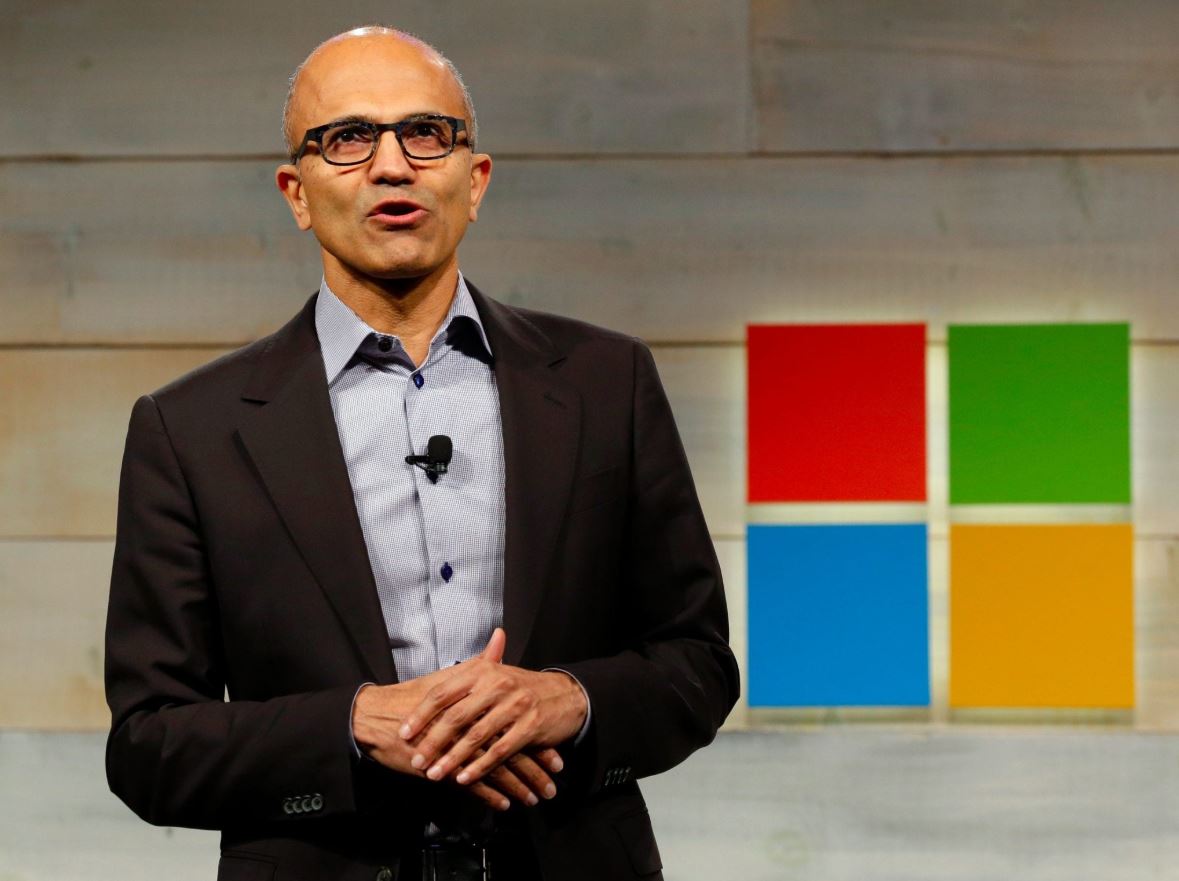 The AI scene got a shakeup when DeepSeek rolled out its new R1 model—a tool quickly earning a reputation as a serious rival to OpenAI. Microsoft CEO Satya Nadella even pointed out that R1 is the first AI model he’s seen that comes close to matching the quality of OpenAI’s work, remarking in a Bloomberg Businessweek interview, “OpenAI has been so far ahead that no one’s really come close,” while hinting that R1 is a notable exception.
The AI scene got a shakeup when DeepSeek rolled out its new R1 model—a tool quickly earning a reputation as a serious rival to OpenAI. Microsoft CEO Satya Nadella even pointed out that R1 is the first AI model he’s seen that comes close to matching the quality of OpenAI’s work, remarking in a Bloomberg Businessweek interview, “OpenAI has been so far ahead that no one’s really come close,” while hinting that R1 is a notable exception.
In January, DeepSeek’s chatbot app climbed to the top of Apple’s US App Store rankings. This surge not only caught the eye of investors, they also began to wonder if its cost‐effectiveness paired with strong performance might drive up demand for AI hardware like Nvidia chips.
Microsoft quickly moved to include DeepSeek’s R1 on its Azure AI Foundry cloud platform, placing it alongside models from OpenAI, Meta, and Mistral. Importantly, users can rest assured that their data won’t be routed to DeepSeek’s Chinese servers—a measure that should help ease privacy concerns.
Asha Sharma, Microsoft’s corporate VP of the AI platform, confirmed that the R1 model went through tough red teaming and safety evaluations before it hit the market. That reassurance seems to have had an impact: OpenAI CEO Sam Altman recently described R1 as “impressive,” noting that its entry has nudged OpenAI to speed up its own series of model releases.
Not everyone is completely on board, though. Ben Buchanan, a former special advisor on AI in the Biden administration, offered a more tempered view by pointing out that while DeepSeek’s team is undoubtedly talented, their techniques aren’t all that different from those employed by industry heavyweights like Google and Anthropic.








